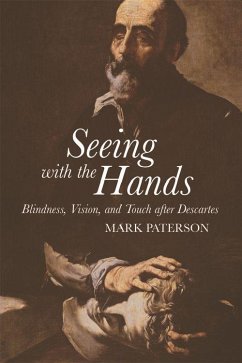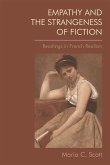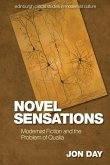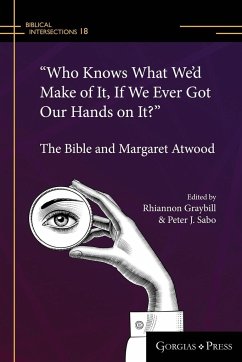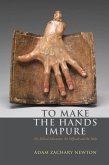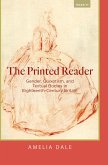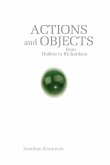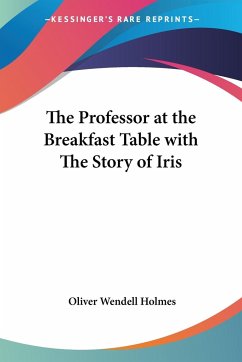'Paterson surveys the long and checkered history of the Hypothetical Blind Man from Enlightenment philosophy to contemporary cognitive science. Both lucid and comprehensive, his account takes the fresh approach to set these traditional representations against the testimony of actual blind people, creating a more nuanced and complex understanding of blindness.' Georgina Kleege, University of California, Berkeley A literary, historical and philosophical exploration of blindness, the possibilities of sensory substitution, and the perennial fascination with what the blind 'see' The 'man born blind restored to light' was one of the foundational myths of the Enlightenment, according to Foucault. With ophthalmic surgery in its infancy, the fascination by the sighted with blindness and what the blind might 'see' after sight restoration remained largely speculative. Was being blind, as Descartes once remarked, like 'seeing with the hands'? Did evidence from early cataract operations begin to resolve epistemological debates about the relationship between vision and touch in the newly sighted, such as the famous 'Molyneux Question' posed by William Molyneux to John Locke? More recently, how have autobiographical accounts of blind and vision impaired writers and poets advanced the sighted public's understanding of blind subjectivity? Through an unfolding historical, philosophical and literary narrative that includes Locke, Molyneux and Berkeley in Britain, and Diderot, Voltaire and Buffon in France, this book explores how the Molyneux Question and its aftermath has influenced attitudes towards blindness by the sighted, and sensory substitution technologies for the blind and vision impaired, to this day. Mark Paterson is in the Department of Sociology at the University of Pittsburgh. His books include The Senses of Touch: Haptics, Affects and Technologies (2007) and Touching Space, Placing Touch (co-editor, 2012). He current book project on neurology and modernity is entitled How We Became Sensory-Motor. His research website is sensory-motor.com. Cover design: [EUP logo] edinburghuniversitypress.com ISBN (cover): 978-1-4744-0532-4 ISBN (PPC): 978-1-4744-0531-7
Hinweis: Dieser Artikel kann nur an eine deutsche Lieferadresse ausgeliefert werden.
Hinweis: Dieser Artikel kann nur an eine deutsche Lieferadresse ausgeliefert werden.

